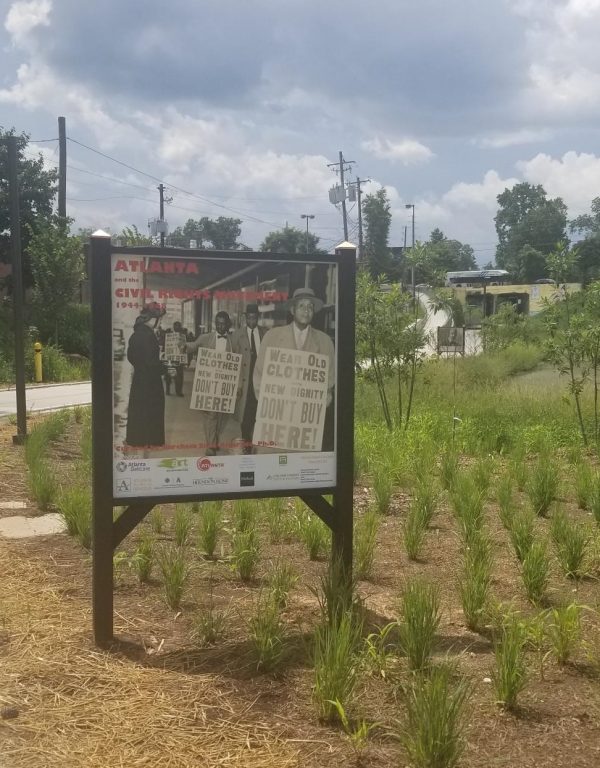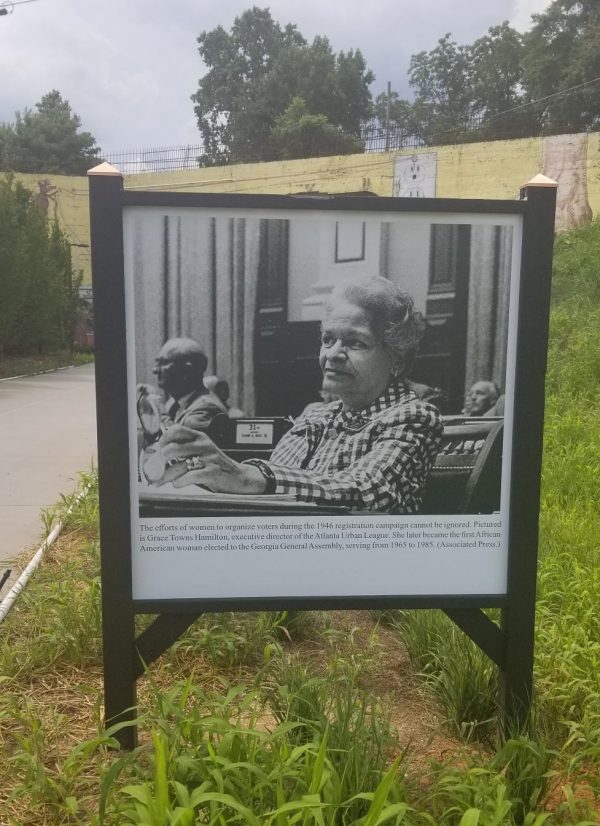The title historian may bring to mind a very traditional university professor, perhaps even a male academic. But Karcheik Sims-Alvarado, whose Ph.D. is in history, is challenging that stereotype.

The self-proclaimed “Historian in Heels” has devoted almost 20 years to studying and preserving African-American history and culture, especially in Atlanta.
In her interview with “City Lights” host Lois Reitzes, Sims-Alvarado said she knew she wanted to be a historian since she was 9 years old.
“My mother had this book that was published by Time magazine. It was called ‘Brother Against Brother.’ It was about the Civil War,” Sims-Alvarado explained. “I would find myself sitting up late at night, sometimes early in the morning, looking at this book. And I found myself studying the photographs as opposed to reading the text. And the first image that I saw, that really just stuck with me, and I knew that I had to tell the stories of those who came before me, was an image of Frederick Douglass.”






